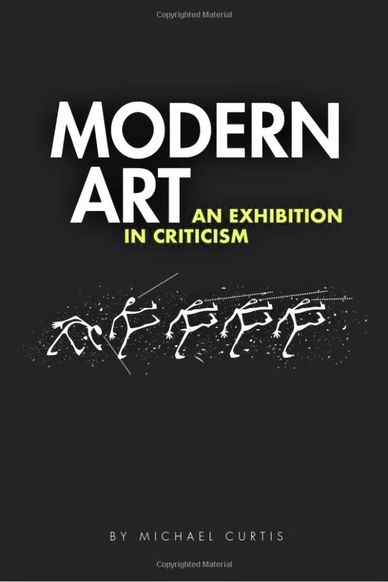Verse & Prose
Occasional Poetry
Occasional Poetry:
How to Write Poems for Any Occasion
A Guide to Versification, with Helpful Tips, Advice, Examples
Learn step-by-step, through numerous examples, the techniques of poetry both classical and contemporary. Author Michael Curtis sympathetically guides the reader into the art and the craft of writing poems for any occasion. Each of the 22 chapters offers a “how to” of poetry technique, a “show-and-tell” of birthday poems, wedding poems, anniversary poems, et cetera.
Classical Architecture
Classical Architecture and Monuments of Washington, D.C.: A History and Guide
Classical design formed our nation’s Capital. The soaring Washington Monument, the noble columns of the Lincoln Memorial, and the spectacular dome of the Capitol Building speak to the Founders’ comprehensive vision of our federal city. Learn about the brilliant L’Enfant and McMillan plans for Washington, DC, and how those designs are reflected in two hundred years of monuments, museums, and representative government. View the statues of our Founding Fathers with the eye of a sculptor-architect and gain insight into the criticism and controversies of Progressive additions to Washington’s monumental buildings.
Modern Art
Modern Art: An Exhibition in Criticism
From the Preface: No one familiar with Michael Curtis would call him unexacting. His work displays a keen, critical mind, bringing beauty to the senses and banishing ugliness where he finds it. Modern Art is a playful exercise in the latter. It is a no-holds-barred declaration of war on the makers of Modern Art, using the sharpest weapon for the job: satire.
Published by The National Civic Art Society, Spring 2022
Bee-Bee Verses: In Memoriam
This volume contains a forward by Don Juan, 56 occasional verses, and “Like a Fish”, a sequence of 22 sonnets.
Prologue
A little book of verse,
Of lies, of love and folly,
Of joy, of pain and hurt;
A book in rhyme and rhythm
Like the rhythm of a song
From a sparrow landed on a thorn
Pricking through a heart.
Forthcoming from the lyrical verse series,
Broken Rhyme,
are Pinhead, Branches, Pepigrams, Modern Art, Serenade, and Black -Eyed Susan
The Priapeia
The Priapeia
Argument of the Book:
Some have guessed that I was gathered from around Priapos’ feet, of verses scrawled, of lines graffitied, and from inscriptions neat;
others suppose I was composed by Maeceans’ clever fellows when toasting P. in meter’d verse for bookish wit to show;
many perceive the evidence of a fancy pedigree from Martial, Ovid, Juv, Catullus, and Virgil in composing me.
Most recently my pages swell, tailing on Sir Richard Burton, as here by Curtis I’m augmented, and shortened, I’m certain.
Yet, to the point, it matters not what ere the learned source is, so long as you do practice well the lesson of my courses.
* This book is an English translation of Latin; it is erotic, not suitable to delicate readers.
Galatea
The Priapeia
In ancient Cyprus, home of the beautiful, terrible Aphrodite, the sculptor Pygmalion creates an ivory statue of the perfect woman, Galatea, whom he desperately, ardently, impossibly loves. The rest is history, a history that you might read in Ovid’s Latin telling, or here in spirited, skilled, subtle, erotic English verse, Galatea: The Statue Comes to Life, a libretto.
* This book concerns aesthetics, the sensual propagation of art, it is erotic, unsuitable to delicate readers.
An excerpt can be read, here:
Annals
Interviews
Annals

Essays
Interviews
Annals

For Expansive Poetry Online:
"Lyric, Song"
Perhaps, we cannot all master the bowing of violin, the plunking of piano, or even the fingering of guitar, each and all, secondary instruments: yet, we each and all can sing, perhaps not as masterful as Pavarotti or Pink, yet we all have composed in our imagination, songs; songs when children, and later, songs to familiar tunes, and sometimes, songs that seem to jump off the tongue when least anticipated. We all are musical by nature, we all have access to that first instrument of music, the human voice, silent or sounded...
Interviews
Interviews
Interviews
Question:
In addition to being a classical poet, you have a deep background in classical arts, such as architecture, sculpture, and engraving. In a world seemingly awash in modern arts, what is the value of traditional poetry and art? Do you feel people could benefit from more exposure to such poetry and art?






